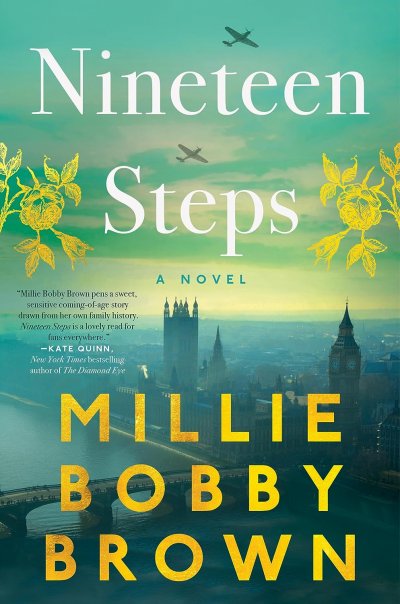Text added for clarity--Yith
The night of the disaster
Hmm. Missile testing or something very other?
The night of the disaster
There were 10 air raids upon London during the night of March 3 1943.
When the alert sounded at 8.17 pm, hundreds of people left their homes to run to the Bethnal Green Tube Station shelter where 500 people were already sheltering.
Local cinemas emptied and three buses stopped to let passengers into the shelter. In just ten minutes, 1500 people entered the shelter.
At 8.27 p.m. one of the new anti-aircraft rocket batteries at nearby Victoria Park fired its salvo of 60 rockets, making a deafening roar.
The sheer volume of people crowding to get in the shelter was overwhelming.
Inside the tube station
Sheer panic - crowds pressed forward on the Tube station's wet and slippery stairs
The crowd at the shelter entrance, who were waiting to get in, panicked and surged forward.
There was only one narrow entrance to Bethnal Green Tube and there were no crush barriers.
The main staircase was dimly lit by a 25 watt bulb.
It had been raining and the station's steps were wet, making for a treacherous descent.
Inside, a woman near the bottom of the first staircase fell. A man tripped over her, others slipped, and within 15 seconds the stairs were blocked with hundreds of fallen people.
The pressure of the crowd trying to push into the shelter prevented rescuers from helping.
A total of 173 people suffocated to death in the ensuing panic.
________________________________________________
When the alert sounded at 8.17 pm, hundreds of people left their homes to run to the Bethnal Green Tube Station shelter where 500 people were already sheltering.
Local cinemas emptied and three buses stopped to let passengers into the shelter. In just ten minutes, 1500 people entered the shelter.
At 8.27 p.m. one of the new anti-aircraft rocket batteries at nearby Victoria Park fired its salvo of 60 rockets, making a deafening roar.
The sheer volume of people crowding to get in the shelter was overwhelming.
Inside the tube station
Sheer panic - crowds pressed forward on the Tube station's wet and slippery stairs
The crowd at the shelter entrance, who were waiting to get in, panicked and surged forward.
There was only one narrow entrance to Bethnal Green Tube and there were no crush barriers.
The main staircase was dimly lit by a 25 watt bulb.
It had been raining and the station's steps were wet, making for a treacherous descent.
Inside, a woman near the bottom of the first staircase fell. A man tripped over her, others slipped, and within 15 seconds the stairs were blocked with hundreds of fallen people.
The pressure of the crowd trying to push into the shelter prevented rescuers from helping.
A total of 173 people suffocated to death in the ensuing panic.
________________________________________________
Hmm. Missile testing or something very other?
Last edited by a moderator:



